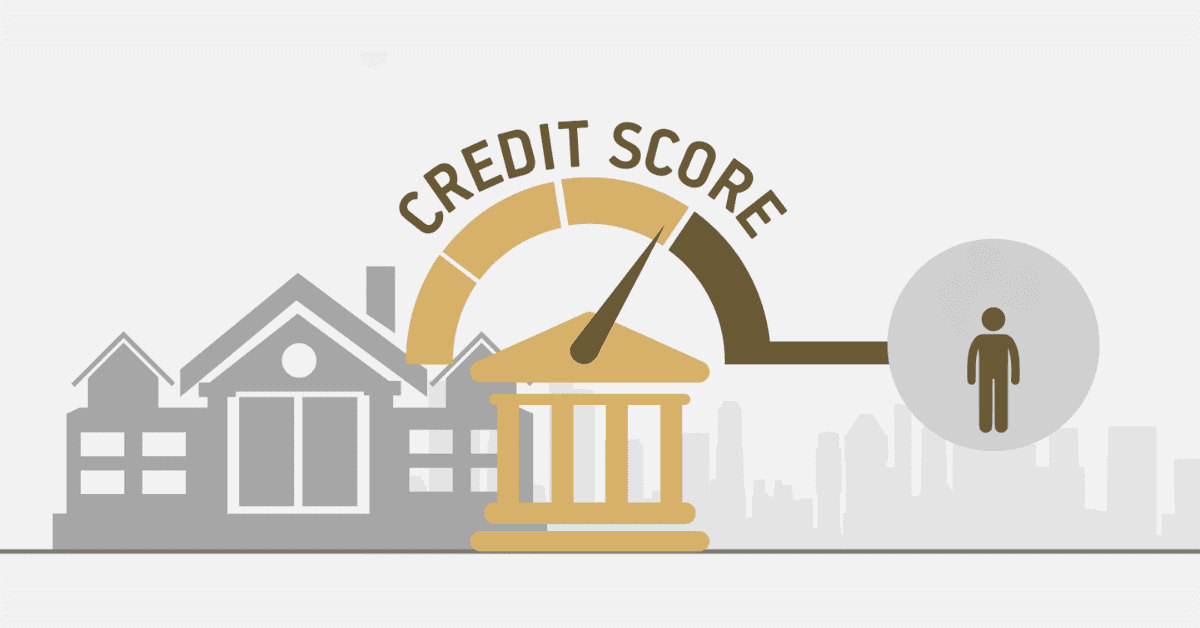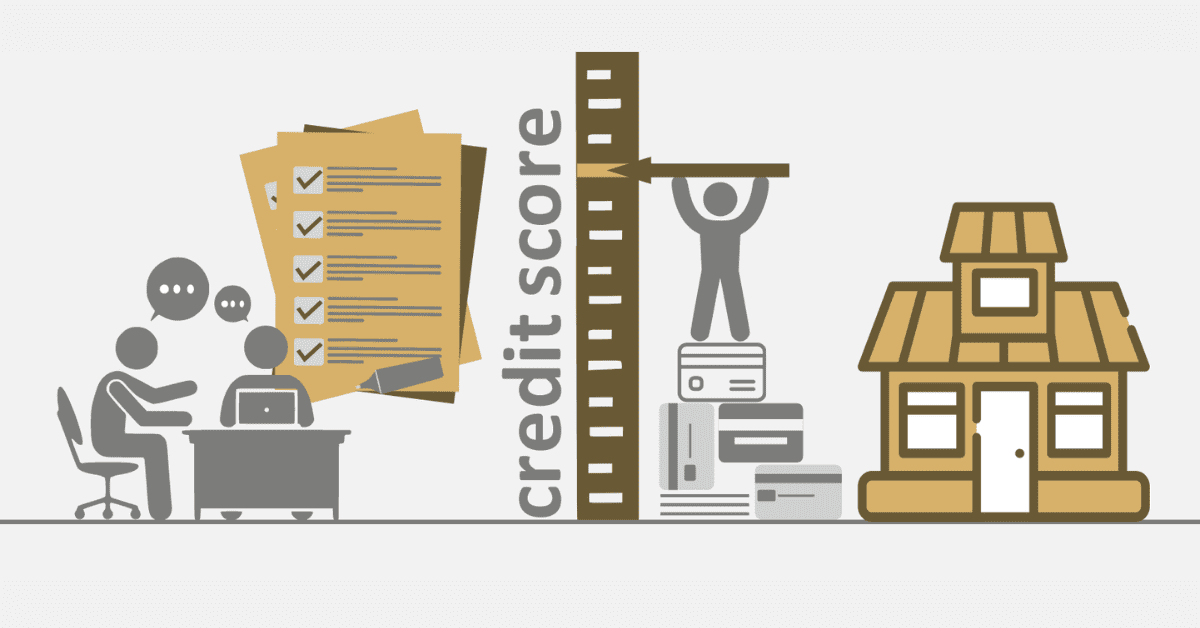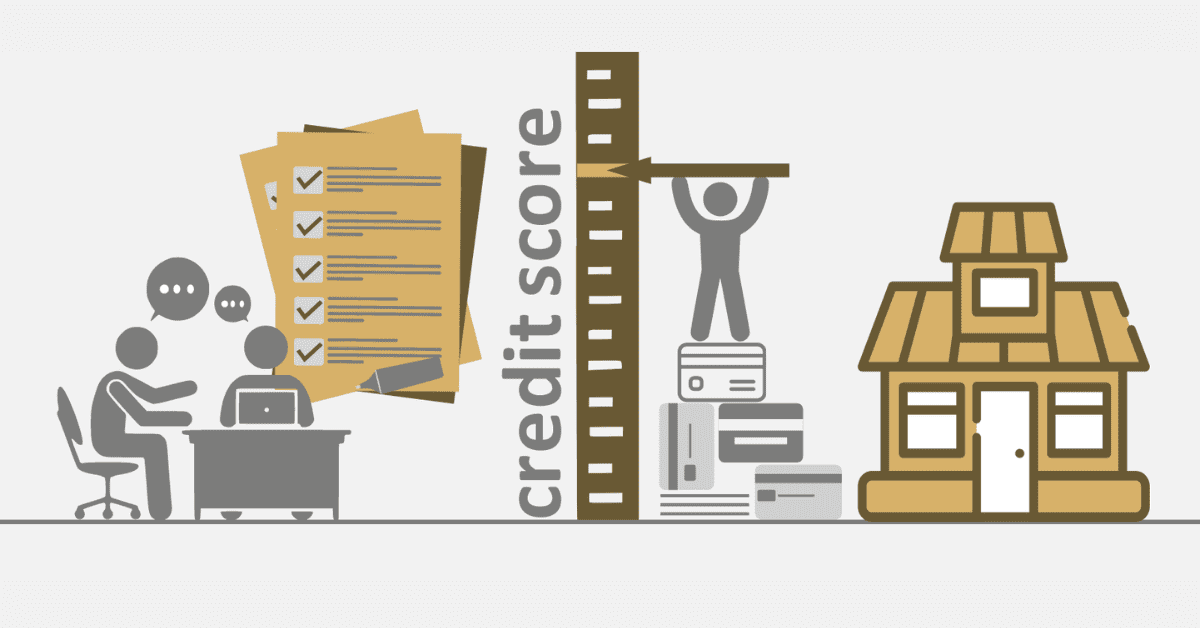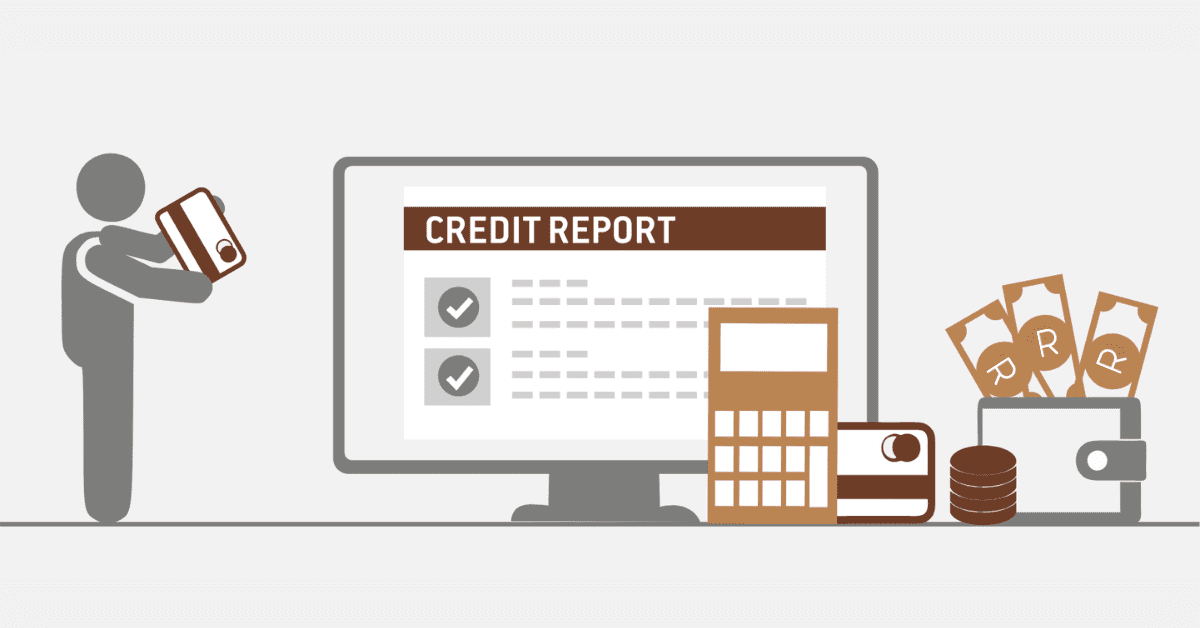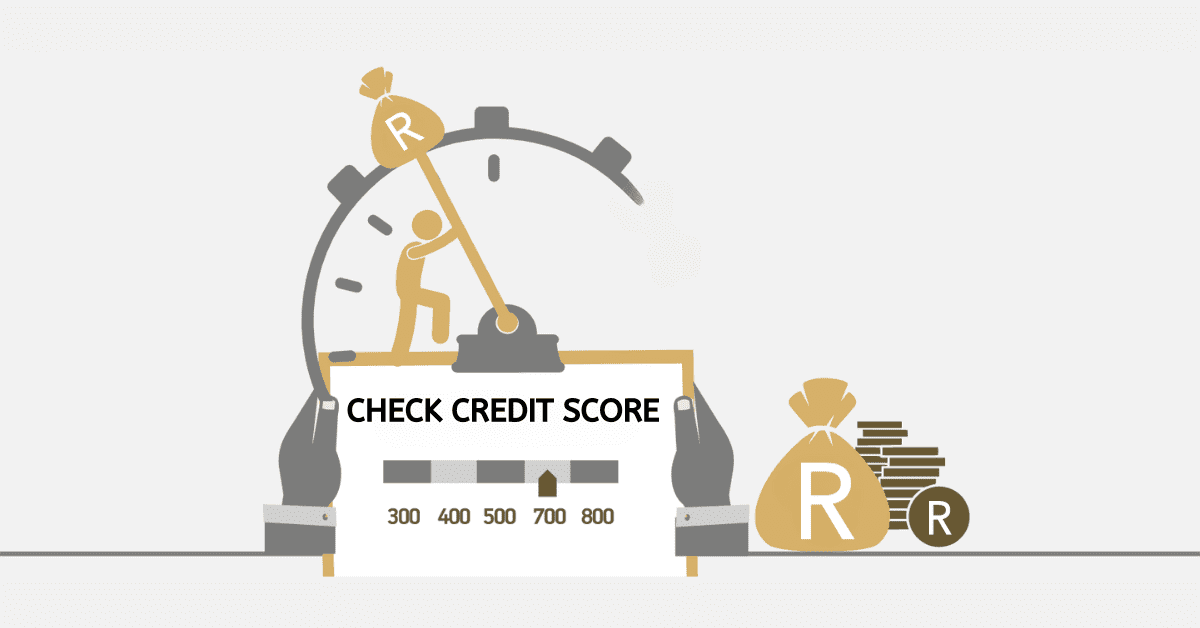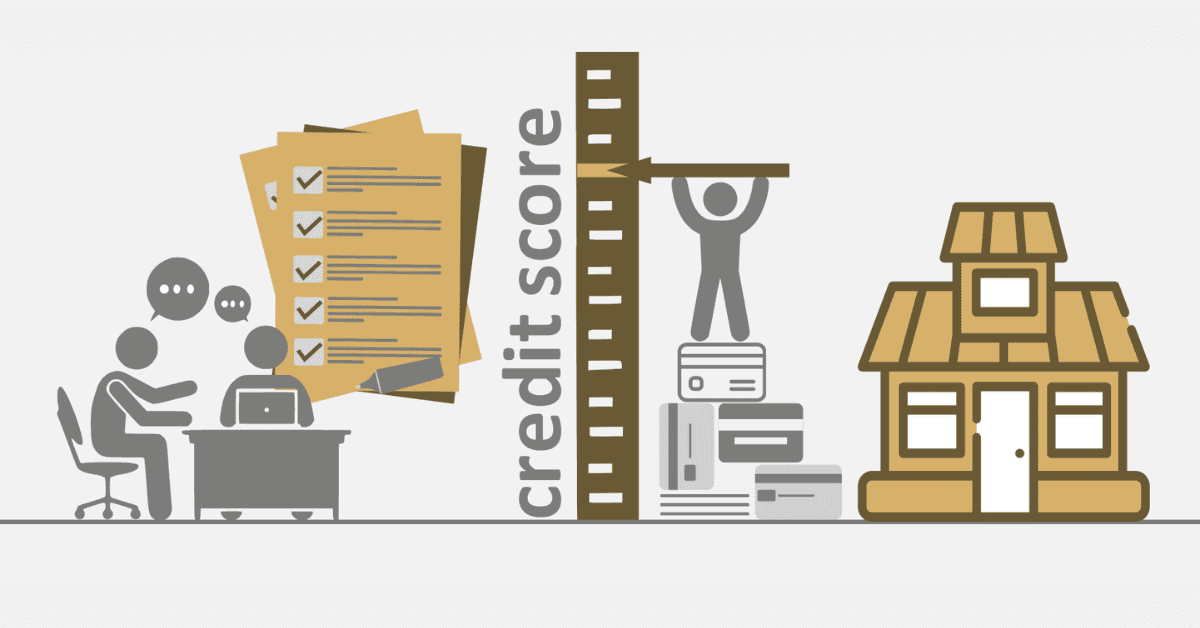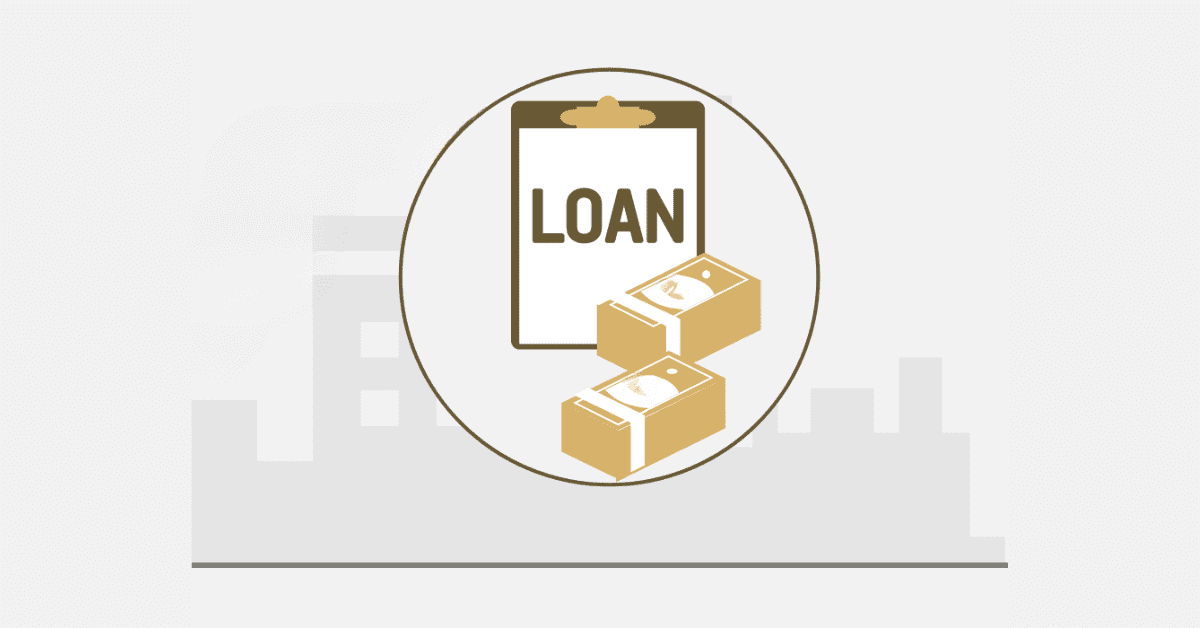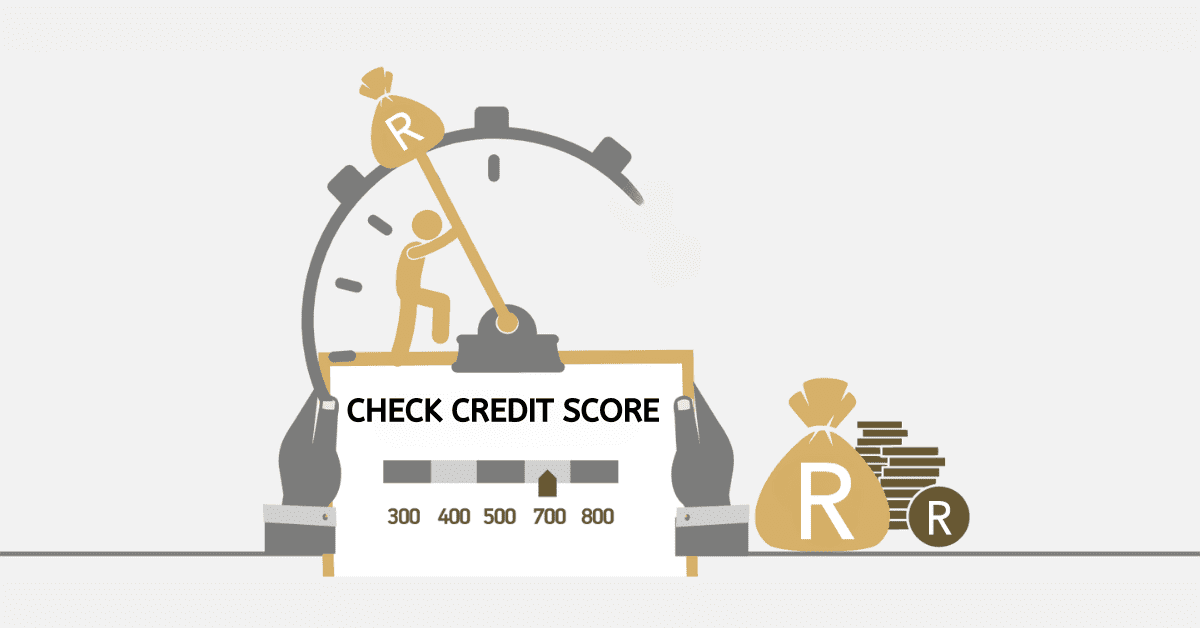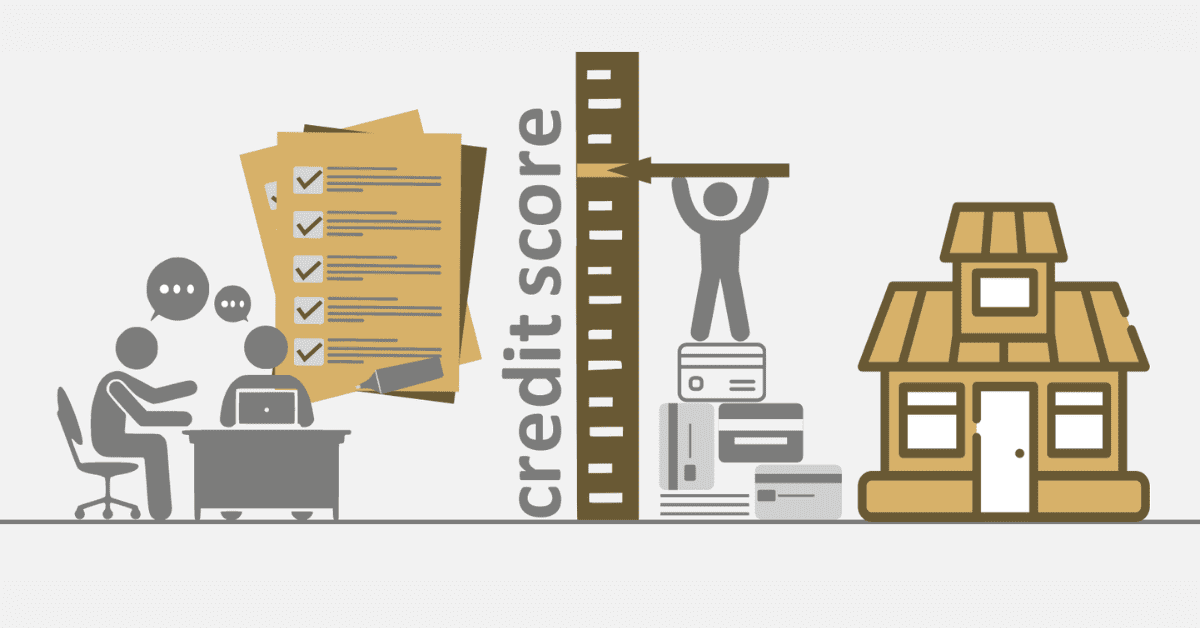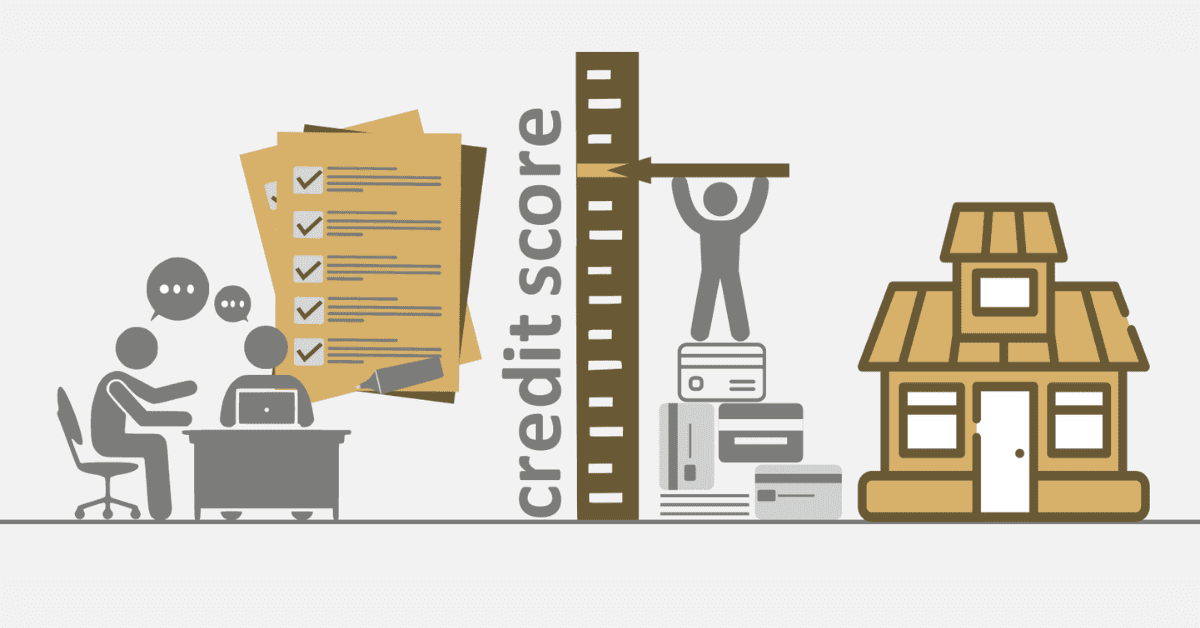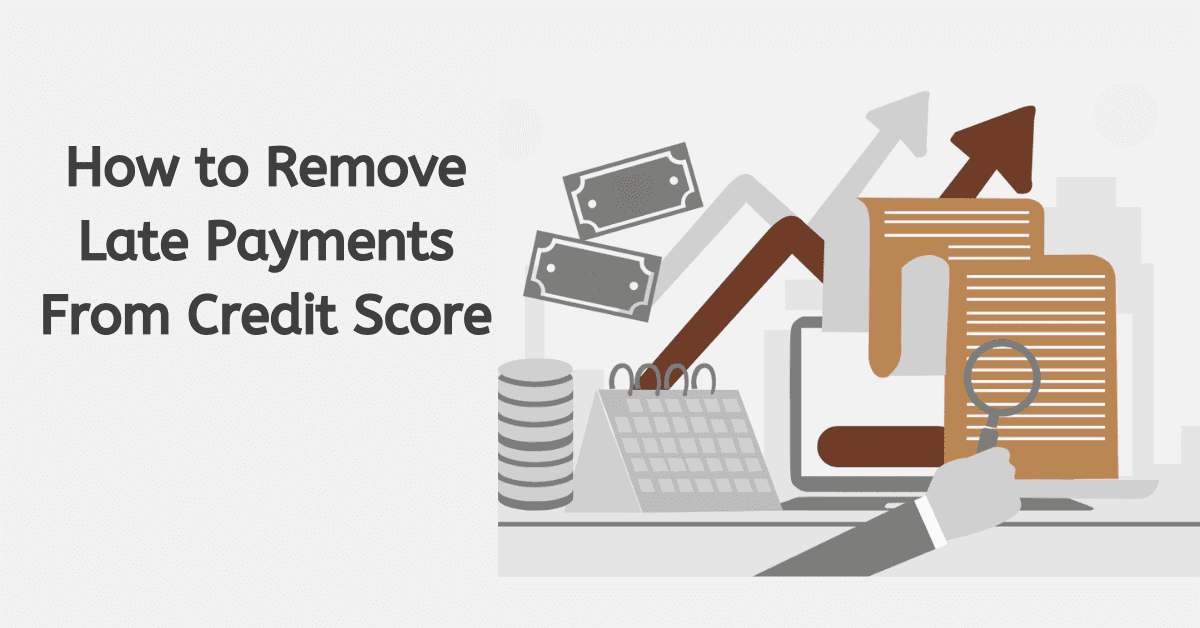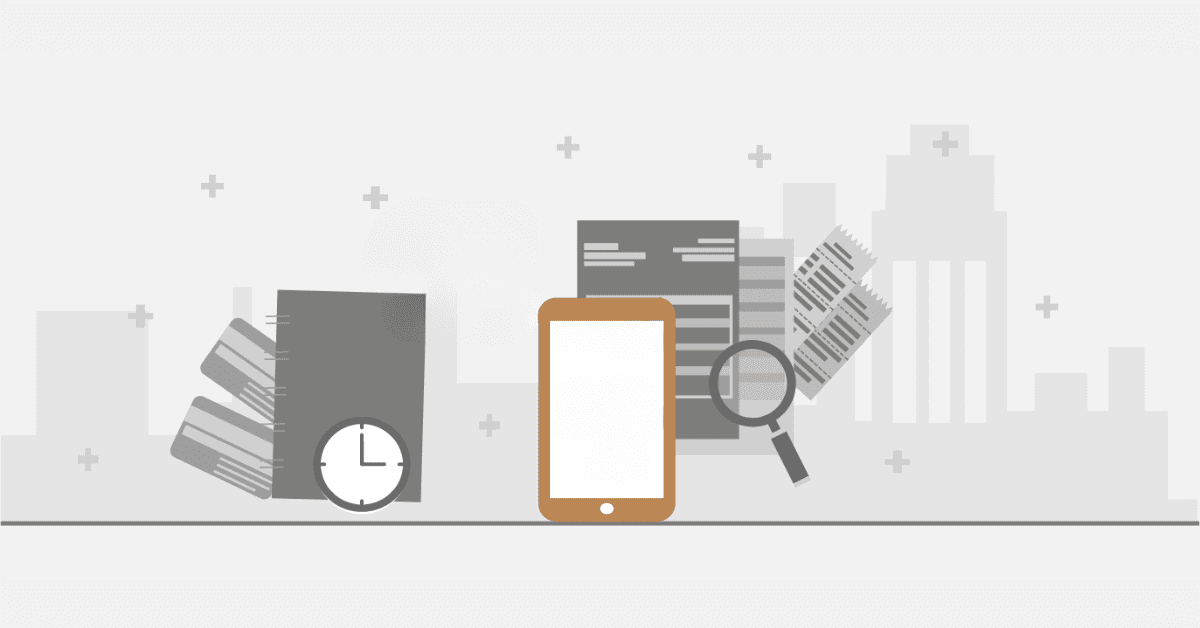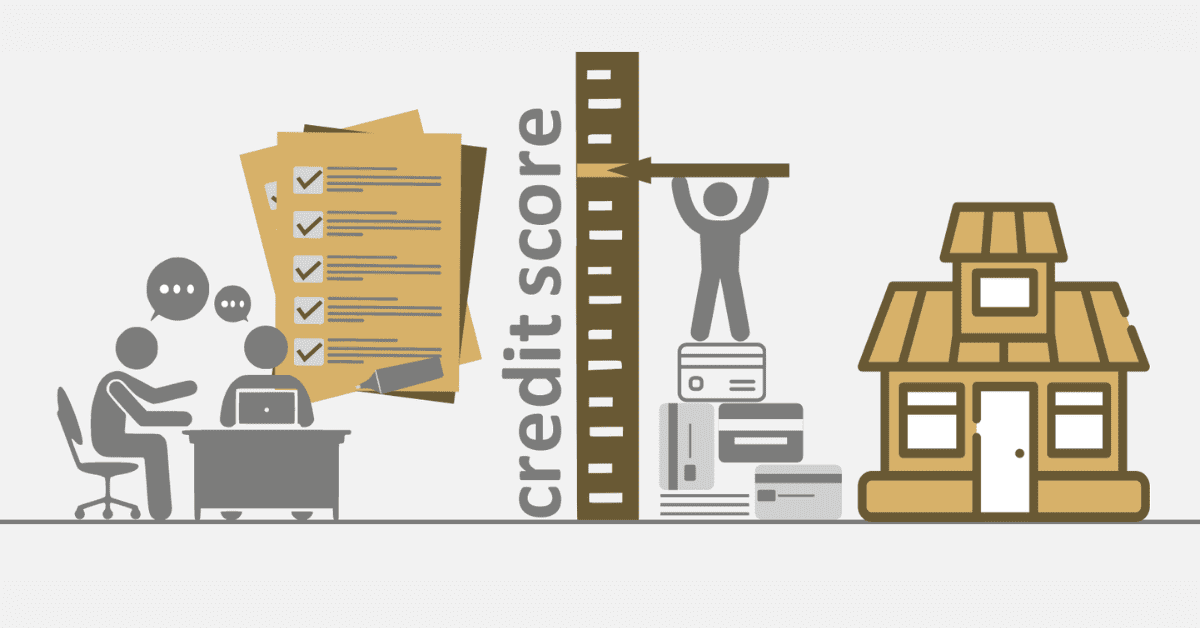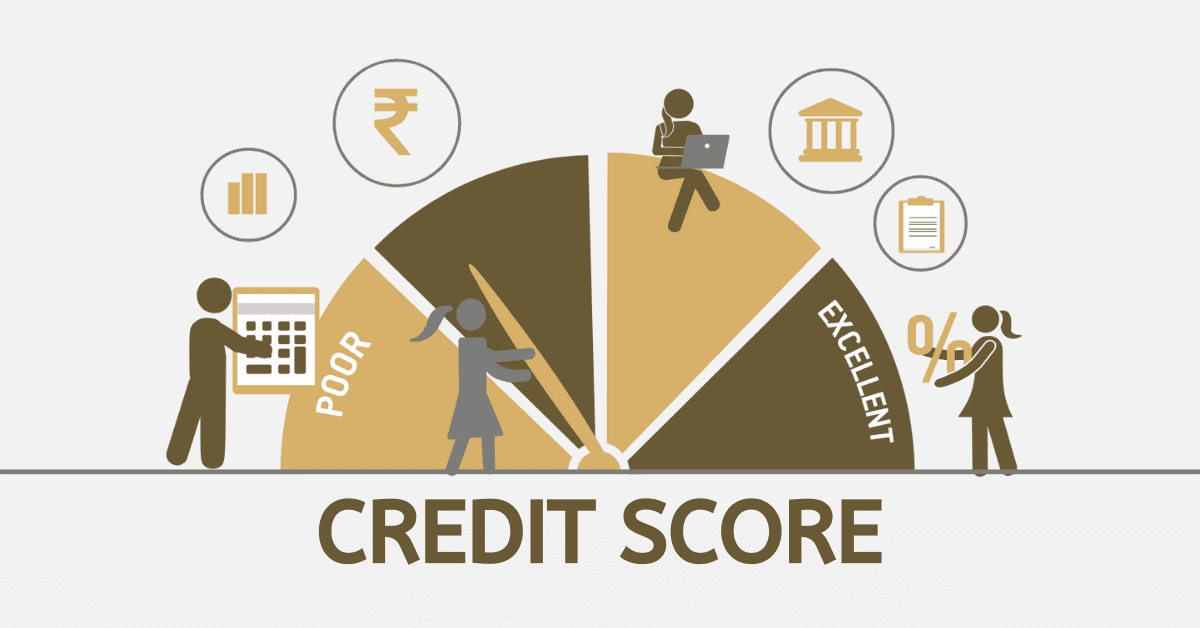Many people who want to take charge of their credit journey and proactively ensure they have a great credit score are surprised to see that credit scores can be different between different bureaus. However, this is perfectly normal and isn’t something that should worry you much. Today we will explain why in depth, and help you to better understand these differences.
Why is my Credit Score Different on Equifax and TransUnion?
In short, differences in credit scores between bureaus like Equifax and TransUnion occur because they work with data slightly differently. There can also be subtle issues, like the timing of the data they receive to make these decisions. However, these discrepancies are rarely major. If they are, it means you may need to pull a credit report from each and see exactly what’s happening on both profiles. You can then address any inaccurate or fraudulent data you see with the bureau itself. It is an easy process and can be done directly from their website. If you are dissatisfied with the result, you can appeal it to the credit ombudsman, who will have the final say on the matter.
Credit scores are a tool used by lenders to assess your creditworthiness. Lenders report your individual lending history with them to the credit bureaus, which must be registered and recognized in your country. These bureaus then use actuarial science, the ‘science of money’, to predict what this data means about your lending behavior. From this, lenders can assess whether or not you are a good payer, and how much debt you already have to service. The bureaus all technically receive the same information, but there can be small algorithmic differences in how they weigh and use it. Additionally, some lenders report to one bureau as a priority, so it can take time for others to receive the same information and have it reflected on your credit report.
Do Lenders Look at Equifax or TransUnion?
In South Africa, lenders will only look at TransUnion, not Equifax. While Equifax is a very reputable and trusted credit bureau, it only operates in the United States and selected other countries. It will only track lending data in the countries where it works.
Do remember that, even when the bureaus themselves are international, like Equifax, TransUnion, Experian, and many others, they still will only track your data by country. There isn’t really a universal credit report. This is primarily due to differing privacy and finance laws across countries. They must be recognized and compliant in each country they operate within. They must also use the categories of data for your report in ways recognized within your country. For example, South Africa tracks both positive and negative credit data, and some countries only use negative. In the United States, it is commonplace for subscription and rental data to be used on credit reports. In South Africa, only monthly payments that can be classed as real short-term debt, like cell phone contracts, are regularly used. While landlords can report rental information, it is not as commonplace as in the States.
Which Credit Score Do Banks Use?
In South Africa, the banks will typically use credit scores from one (or more) of the ‘big 4’ credit bureaus. These are Experian, TransUnion, Compuscan, and XDS. There are 11 credit bureaus registered in South Africa currently., but these 4 carry the most weight and are the most used outside of niche industries and circumstances.
Remember, if you want to know which specific bureau your bank will use the credit score from, you can simply ask! This will help guide you as to what credit report will give you the best possible idea of your current credit standing in the eyes of that bank.
Do I Need Both Equifax and TransUnion?
You don’t need both Equifax and TransUnion in South Africa, as Equifax does not offer credit reports in SA. However, remember that credit bureaus receive and compile your lending history from lenders regardless of whether you want them to. Otherwise, we could all just choose to opt-out or pick the bureau that makes us look the best! Credit bureaus work with lenders, and you aren’t their target audience. You will have a credit score at any lender working in your country, whether or not you ever check it, or ever apply to a lender that uses it.
However, you should be keeping a careful eye on your credit profile regardless. Only by regularly monitoring your credit score can you know what it looks like and how good it is, and take proactive steps to improve it. We strongly encourage all readers to at least register for a monthly credit monitoring service like ClearScore, and to make use of their annual free reports from the bureaus, to ensure they always know where they stand in the eyes of lenders.
